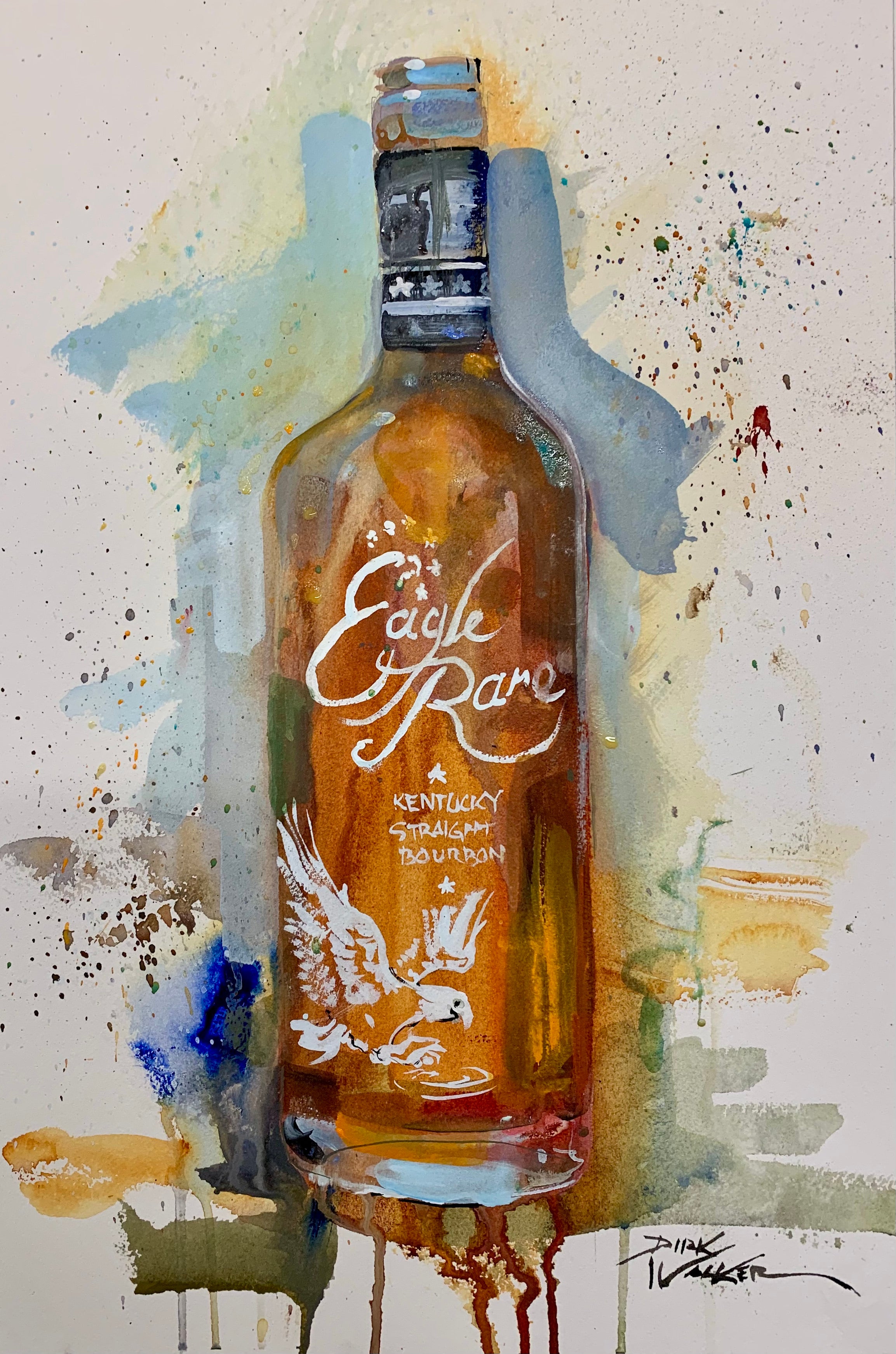Recording the Essence of Whiskey Art Through One-of-a-kind Aesthetic Representations and Designs
The art of whiskey expands past the liquid itself, materializing through a range of aesthetic representations that envelop its fabled heritage and workmanship. What remains to be revealed is just how these advancing styles mirror not just the whiskey itself but likewise the changing landscape of creative analysis. Limited Edition.
The Background of Whiskey Art

As scotch manufacturing spread, so as well did the desire to boost its experience with art. From the complex inscriptions on very early barrels to the intricate labels of contemporary bottles, each element reflects a distinct imaginative vision, acting as a visual narrative of the scotch's heritage.
In the 19th and 18th centuries, the increase of the commercial revolution further boosted whiskey art, resulting in innovative product packaging and marketing that captured customer interest. Developers and artists began trying out aesthetics, imbuing whiskey-related images with symbolic meanings that communicated ideas of craftsmanship, area, and custom.
Today, whiskey art remains to progress, blending conventional techniques with modern art kinds. Bourbon Art. This recurring dialogue in between the spirit and its visual depiction emphasizes the long-lasting bond in between scotch and culture, enriching the general experience for lovers worldwide
Iconic Container Designs
While numerous factors contribute to the allure of scotch, legendary container designs play a critical role in shaping customer perception and boosting the overall experience. The aesthetic presentation of scotch containers is not just a visual consideration; it acts as a bridge in between the item and the customer, evoking emotions and setting assumptions.
Distinctive forms, materials, and closures can elevate a whiskey brand's identification, making it promptly well-known on congested shelves. As an example, the timeless Glenfiddich container, with its sophisticated tapered shape, conveys a feeling of custom and craftsmanship, while the vibrant, modern-day design of the Balvenie bottle reflects innovation and refinement. The use of tinted glass or one-of-a-kind textures can suggest the quality and character of the scotch within.
Renowned layouts often incorporate aspects of cultural heritage, signifying the brand name's history and connection to its roots. Brand Names like Jack Daniel's make use of a straightforward, durable design that reverberates with its American scotch heritage. Inevitably, the impact of container style prolongs past simple functionality; it envelops the essence of the brand name, inviting consumers to check out and delight in the abundant tapestry of whiskey culture.
Tag Art Work and Branding
Container styles often establish the phase of what customers can anticipate, however tag artwork and branding play an equally significant role in connecting a whiskey's identification. The label offers as the Realism Art very first point of get in touch with in between the product and the customer, enveloping the essence of the whiskey within its visual elements.
Efficient label artwork integrates typography, imagery, and color to produce a story that resonates with the brand's heritage and target audience. A label featuring vintage fonts and intricate illustrations may stimulate a sense of tradition and craftsmanship, appealing to lovers. On the other hand, vibrant colors and contemporary design elements may bring in a more youthful demographic seeking technology and enjoyment.


Digital Photography and Visual Storytelling
Capturing the essence of scotch through photography and aesthetic storytelling is an art kind that boosts the brand experience. This tool transcends mere product depiction, diving right into the elaborate narratives that surround each bottle. By employing engaging images, photographers can stimulate emotions that reverberate with consumers, eventually forging a deeper connection to the whiskey brand.
Aesthetic narration in bourbon photography usually uses rich structures, lighting, and structure to highlight the special qualities of the spirit. The interplay of light and shadow can accentuate the amber colors of scotch, while the option of history aspects-- such as rustic barrels or sophisticated glass wares-- can reinforce the brand's heritage or way of living organizations.
Moreover, capturing the ceremonial facets of whiskey usage, from the putting to the tasting, invites visitors into a sensory experience, allowing them to envision the flavors and fragrances that await. Each picture not just showcases the product however likewise narrates of workmanship, custom, and the moments that whiskey can boost - Bourbon Art. Hence, photography becomes a powerful device in verbalizing the identity of whiskey brand names, positioning them within the more comprehensive cultural landscape
Emerging Patterns in Bourbon Art
The development of bourbon art is increasingly formed by modern fads that reflect wider social shifts and consumer preferences. This change not just highlights the relevance of sustainability but also enhances the story bordering whiskey production.
Additionally, electronic art has actually surged in popularity, enabling for cutting-edge representations of whiskey. Musicians are leveraging innovation to craft immersive experiences, such as enhanced reality setups that engage viewers and offer a much deeper understanding of bourbon's social significance. This pattern likewise includes social media systems, where aesthetically striking content garners focus and fosters area amongst lovers.
In addition, collaborations in between whiskey brand names and musicians are ending up being more prevalent. These collaborations yield limited-edition packaging designs and unique art work that celebrate both the workmanship of whiskey and the creativity of musicians. As scotch art remains to evolve, these emerging trends will certainly form its future, promoting a dynamic junction of society, sustainability, and modern technology within the scotch area.
Conclusion
In verdict, the art of scotch incorporates a diverse variety of visual depictions that mirror its rich heritage and workmanship. From renowned bottle designs and elaborate tag artwork to compelling digital photography, each element contributes to a more comprehensive story that improves the customer's experience. As arising trends, such as electronic art and sustainability, continue to form this imaginative landscape, the multifaceted identity of bourbon continues to be a withstanding source of cultural connection and exploration.

In verdict, the art of whiskey incorporates a diverse range of aesthetic representations that show its abundant heritage and craftsmanship.